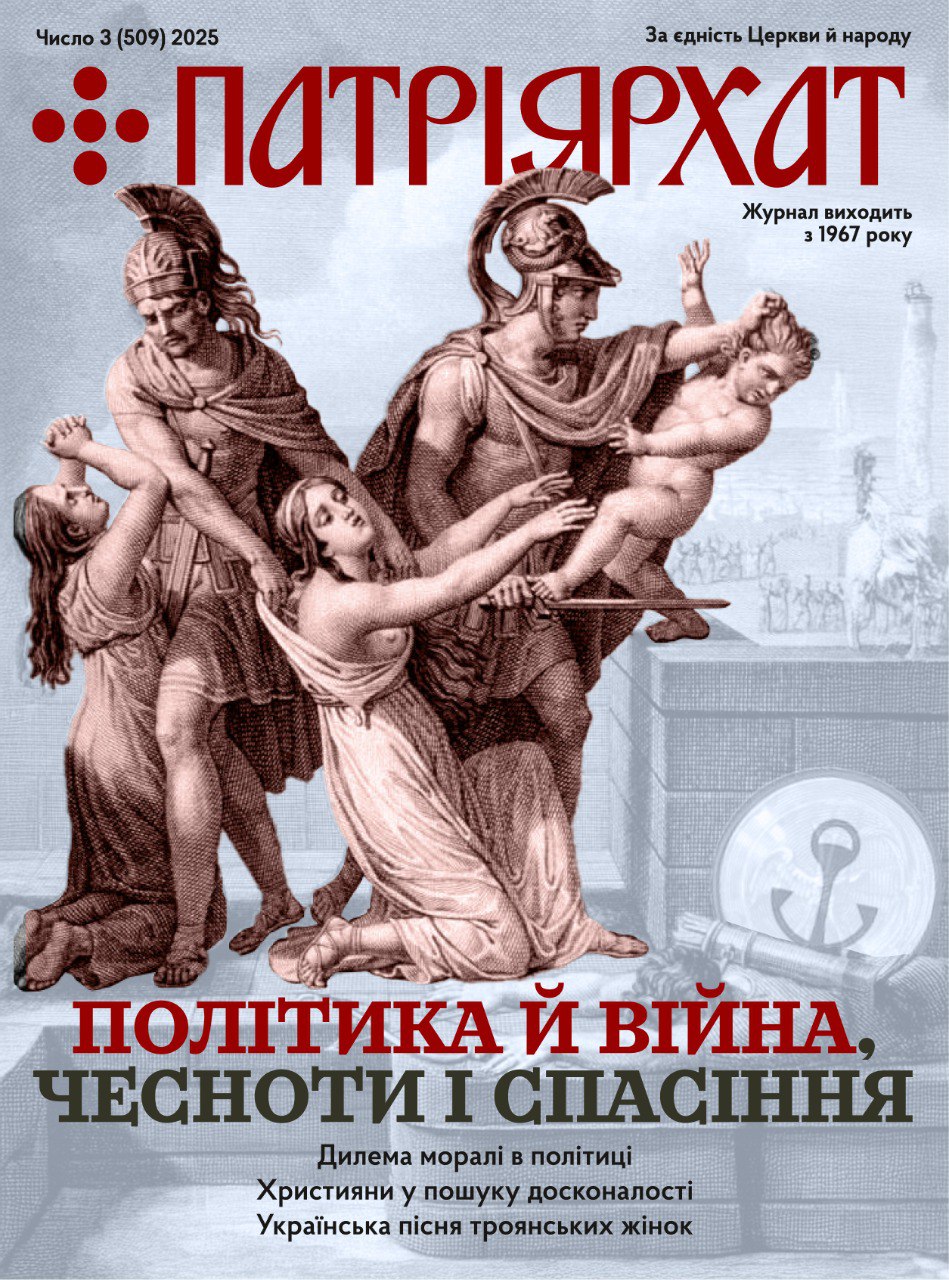Rome, Saturday October 8, 1977
BELGRADE (UPI) — The Vatican Friday assailed the Soviet Union’s virtual extinction of the Oriental-Rite Catholic Church in the Ukraine in one of the most far-reaching diplomatic protests of its kind.
It told 34 other countries at the Belgrade Conference of its deep concern over the «grave open wound» caused by the persecution of Oriental Rite or Ukrainian catholics.
The Oriental Rites in Eastern Europe are loyal to Rome, but retain a form of worship more closely resembling that of the orthodox church and keep such practices as a married clergy.
Msgr. Achile Silvestrini, the Vatican’s delegate, spoke of «certain grave open wounds which we want — with a hope we cannot abandon — to see healed and cured».
He made it clear he was referring to «specific communities, of the faithful in the Oriental Rite».
Since the Vatican has difficulties over Oriental-Rite Catholics only with the Soviet Union and, to a far lesser extent, Romania, it was clear that Silvestrini meant the Ukrainian Catholics although he had not named them.
It was the first time the Vatican had publically defended the Ukrainians at such a high diplomatic level.
The Ukrainian Catholics, as Silvestrini said, enjoyed a «flourishing» centuries-long independent existence until 1947 when they were forced into an unwanted «union with the Russian Orthodox Church.
From that time, according to the Kremlin, the Ukrainian-Catholic Church ceased to exist — an afirmation disputed by more than two million Ukrainians in the United States, Canada, Australia and Europe. Ukrainian sources say an underground Catholic Church continues to operate in their homeland, but gets no help from the Vatican SiIvestrini’s protest coincided with an angry meeting of Ukrainian bishops and clergy in Rome — most of them from North America — on the occasion of the 85th birthday of the church’s leader, Cardinal Josef Slipyj.
In a dramatic speech to the World Synod of Bishops in Rome in 1970, Slipyj said the Ukrainians had sacrificed «mountains of bodies and rivers of blood» for their faith, on to find themselves rejected the the Holy See. He accused the Vatican of sacrificing the Ukrainians in its quest for agreements with Communist regimes which wouid make life easier for the Latin-Rite Roman Catholics.
The Soviet regime, accusing the Ukrainians of nationalism and collaborating with the Germans, executed or imprisoned countless numbers of Ukrainians, among them Slipyj. He was released after 20 years in camps and prisons following a secret agreement between Pope John XXIII and Premier Nikita Khrushchev but many years later, in an outburst of frustration, he said he had known more spiritual liberty in Siberia than in the Vatican.
There was little chance that the Vatican’s protest would bear any fruit, since the Soviet Union will obviously continue to deny that any such thing as a Ukrainian Catholic Church exists.
But Silvestrini said the fact the Oriental-Right Christians had lost their civil right to exist «is all the more painful because it touches upon a central point of religious liberty, that is to profess a faith according to the dictates of one’s own conscience.

